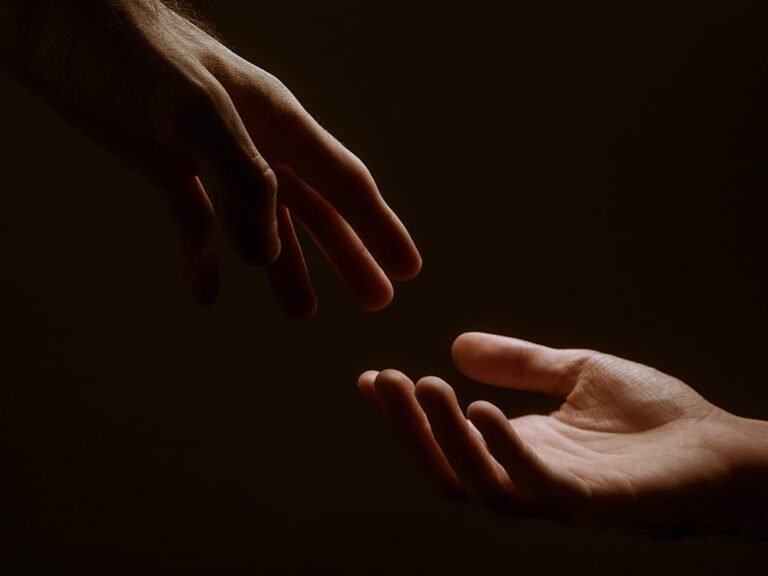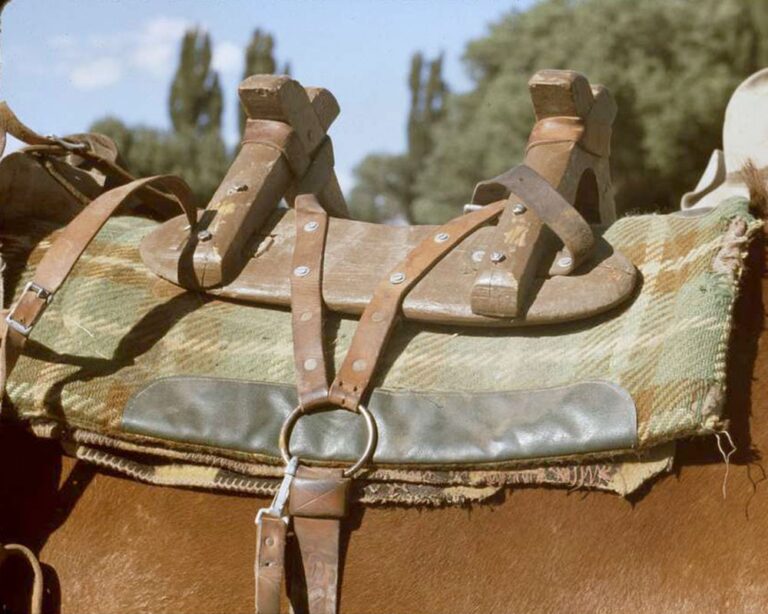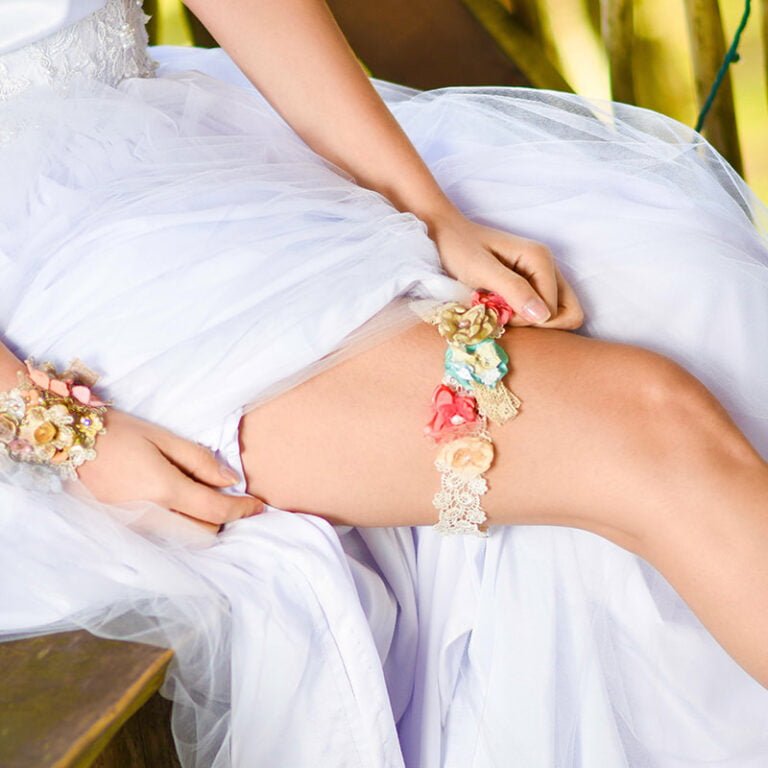Avoir la frite / la patate
“Avoir la frite” or “avoir la patate” means to be in very good shape, to have energy and dynamism, or to be full of beans. Literally, “avoir la frite” means to have the (French) fry and “avoir la patate” means to have the potato.
At the start of the 20th century, the round shape of the potato was likened to the shape of the human head. From this eventually developed the idea of having the potato meaning to be in great shape. The idea of having the French fry developed because French fries come from potatoes.
If you’re interested in learning more about what makes the French language so rich and so rewarding, why not sample a free trial lesson with Fast French? No cost, no obligation and no credit card required. It’s the best and easiest way to learn French online, whether you’re based in NSW, Victoria, Queensland, South Australia, Western Australia, Tasmania, the ACT or the Northern Territory.






